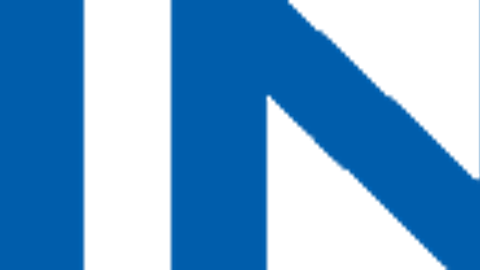Share Buyback Plans
All told, the value of Merck’s share buyback program is expected to reach $15 billion. It appears that the company will jump-start the operation by exercising a $5 billion option to buy back nearly 100 million shares that currently sit in Goldman Sachs Group, Inc. (NYSE:GS)’s enormous portfolio. Although Goldman Sachs Group, Inc. (NYSE:GS) seems happy to get rid of these holdings, it has insisted that Merck execute a market-based buyback without preconditions. If the broader market continues to pull Merck’s stock higher, this could force the company to devote more money to the completion of its “Goldman tranche” buyback.
Although the exact breakdown has not been made public, Merck has stated that it wishes to spend at least $7.5 billion on the buyback program by the middle of 2014. Presumably, this figure includes the $5 billion Goldman buyback that seems to be proceeding apace. The remainder of the buyback should conclude by the end of 2015.
Potential Pitfalls of Financing With Debt
Although Merck’s troubles are not particularly acute, the company does face alarming competition from generic drug manufacturers. Its tepid performance of late can be attributed to collapsing revenues from some of its biggest-selling drugs. For instance, generic competition for its Singular inhaler product has wiped billions of dollars in top-line revenue from its balance sheet. Such pressures are unlikely to dissipate in the near future.
Given this uncomfortable reality, many observers have questioned the wisdom of funding a major share buyback with new debt issues. While it is true that Merck’s cash-to-debt ratio is not out of line with its competitors’ figures, a $6.5 billion debt issue would turn the company into one of the world’s most highly leveraged major pharmaceutical manufacturers. Although Merck probably does not want this distinction, it also does not want to burn through its entire cash pile in the process of financing its buyback. As a result, a debt issue may be inevitable.
Can Shareholders Profit?
Given these issues, shareholders have every right to be leery of Merck’s plans. Even as the company announced plans to increase its leverage, it revised its 2013 profit forecasts to the downside and made discouraging noises about its longer-term performance. Under normal circumstances, investors who seek value would probably want to avoid Merck for the time being.
On the other hand, the benefits of the share buyback program are obvious. By putting a floor under its stock price, Merck may well attract retail and professional investors who wish to capitalize on an eventual turnaround in its fortunes. Earnings reports that surprise to the upside could add to this momentum and generate market-beating returns for the company’s shareholders. Given Merck’s relative stability and blue-chip status, the prospect of such a major capital-return campaign might be too tempting to ignore.
The article Looking to Return Capital to Shareholders Via Debt-Fueled Share Buyback originally appeared on Fool.com.
Mike Thiessen has no position in any stocks mentioned. The Motley Fool has no position in any of the stocks mentioned. Mike is a member of The Motley Fool Blog Network — entries represent the personal opinion of the blogger and are not formally edited.
Copyright © 1995 – 2013 The Motley Fool, LLC. All rights reserved. The Motley Fool has a disclosure policy.




